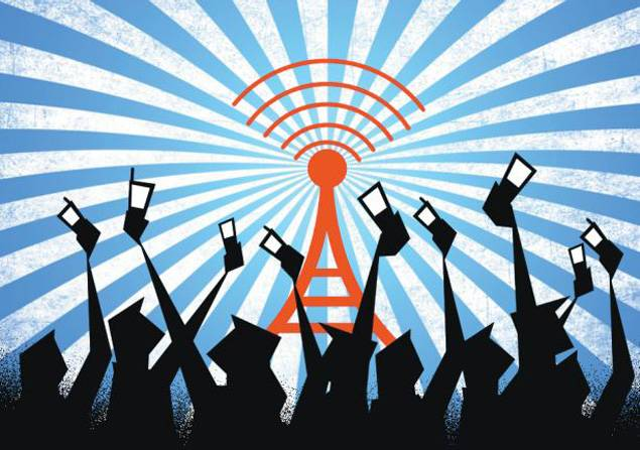
How does internet access improve lives in developing countries?
Internet access can help to improve access to information, opportunities, and services, and can contribute to the overall well-being and development of communities in developing countries. Five examples include:
- Education: Internet access can provide people in developing countries with access to a wealth of educational resources, including online courses, educational videos, and other materials. This can help to improve the quality of education and expand opportunities for learning, especially for people in remote or underserved areas.
- Employment: Internet access can help people in developing countries to find and apply for jobs, as well as connect with potential employers and clients. It can also enable people to start and run their own businesses, providing a source of income and economic opportunities.
- Healthcare: Internet access can provide access to health information and resources, including telemedicine services, which can improve access to healthcare and lead to better health outcomes.
- Communication: Internet access can help people to stay connected with friends and family, and to access news and information from around the world. It can also facilitate the exchange of ideas and facilitate collaboration with others.
- Political participation: Internet access can provide a platform for people to engage in political discourse and participate in the democratic process, helping to promote transparency and accountability in governance.
7 African Mobile Phone Service Tariffs and Bundles
Across Africa, telecom operators have started bundling voice, SMS, and data services to maintain revenues in light of the increasing popularity of VoIP and mobile...
Apply Today for ISIF Asia Awards
The ISIF Asia Awards seek to acknowledge the important contributions ICT innovators have made with creative solutions to the social and economic development of...
Keepod: Wasting $40,000 to Reinvent Linux on a Stick
There’s been a lot of news outlets covering Keepod, which claims to “overcome most of the traditional constraints that are preventing personal computing...
An African LTE Mobile Network Future
This entry is part 4 of 6 in my series Africa and Spectrum 2.0
If you follow communication infrastructure in Africa, you would be forgiven if you have begun to...
Technology Salon: How Are We Making Affordable Broadband Internet Access a Reality?
San Francisco Technology Salon: Sign Up to Get Invited
We all know that broadband connectivity is an accelerant for social and economic development. The last year...
Bringing Internet to the World’s Villages
Very often I hear criticism of ICT projects in the developing world. While a lot of this criticism has justification, or a lack in sustainability, by far the largest...
If You Could Have Unlimited Broadband, What Would You Use It For?
Let’s take a moment to dream. Let’s imagine that you could have unlimited, high-speed broadband Internet access at a reasonable price or even for free,...
The 4 Barriers to Affordable Internet in 46 Emerging and Developing Countries
Three in five of the world’s people are not connected to the Internet. This digital divide hampers economic and social progress.
The Alliance for Affordable Internet’s...
Do You Believe the Ethiopian Government’s Reasons for the Lack of Reliable Internet Access?
By now, the lack of reliable internet in Ethiopia is well-known. Of a nation of nearly 100 million people (second in Africa only to Nigeria), an estimated 1-2 percent...
Internet for the Common Good – A Community Informatics Declaration
From the Community Informatics Research Network…
Effective use of the Internet will benefit everyone. Currently the benefits of the Internet are distributed...











